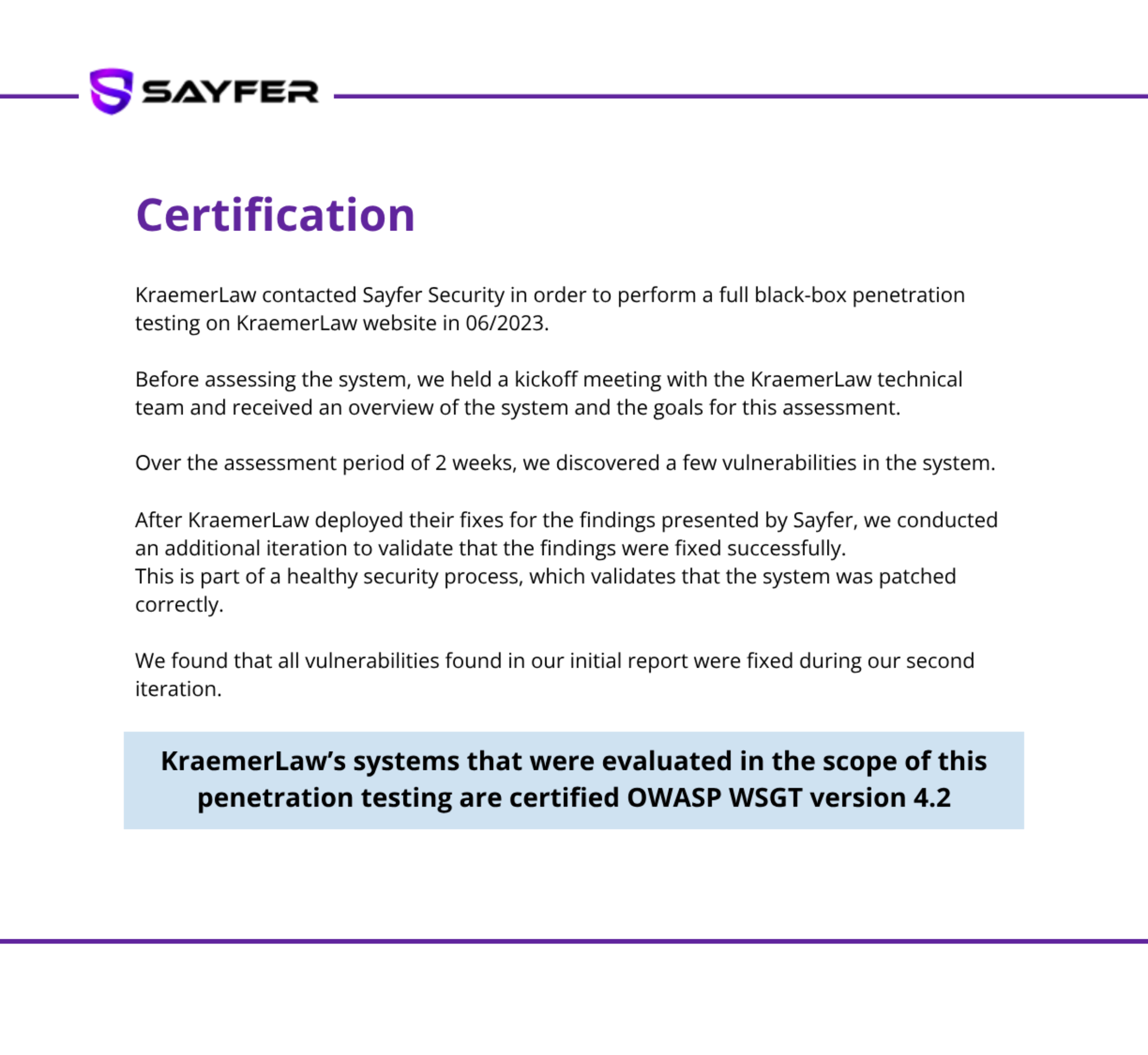With the easy access to new foreign markets, entrepreneurs, investors and large organizations are looking for alternatives to operate internationally. One of the most used are offshore corporations, legal tools that offer a number of benefits including tax optimization, confidentiality, and protection. Entities such as the offshore LLC, the IBC offshore, the Offshore Pte Ltd, the LLP, or an offshore holding company are well adopted and popular in this business industry.
Below we will learn about the characteristics of these offshore company types, how they work and the best offshore jurisdictions to establish a business.
What Is an Offshore International Company?
An offshore international company is a legal entity incorporated in an offshore jurisdiction, in other words, outside the country of residence of the owner. These types of offshore corporations are used to facilitate overseas business operations, offer tax optimization, asset protection, access to global bank accounts, and maintain high levels of privacy.
International offshore corporations are characterized by the fact that they operate outside the jurisdiction where they are constituted, which permits them to take advantage of the benefits of more favorable tax laws. International companies are common among digital entrepreneurs, investors, multinational businesses and high net worth individuals who want to manage their resources more productively.
Key Offshore Corporate Structures

As one of the first steps in the offshore corporation constitution, choosing the type of entity depends on the business model, financial, legal and tax objectives, as well as the scope and level of privacy. These are the most important structures:
Offshore LLC (Limited Liability Company)
The offshore LLC, or offshore limited liability company, is one of the most popular offshore corporations. It combines the benefits of a capital company with the adaptability of a partnership. The owners, called “members”, are not personally liable for the debts of the business. It is characterized by simple and adaptable management, with the option of being managed by members or by appointed managers.
An offshore limited liability company is perfect for those who prefer to have full operational control while limiting their personal liability. The structure of this offshore corporation allows it to operate in international markets with a practical regulatory system.
Offshore limited liability company advantages:
- Legal protection against external claims (jurisdiction-dependent).
- Ease of administration.
- Tax optimization benefits in many jurisdictions.
IBC Offshore (International Business Company)
The IBC offshore is a corporate structure created specifically for international companies. They are founded primarily for overseas transactions, trading activities, investment, asset holding, intellectual property, and as estate planning vehicles.
Typically, the laws of the jurisdictions where these offshore corporations are available offer a great deal of privacy and are often beneficial in tax matters. This is due to the fact that, in many cases, these structures do not pay local taxes as long as their activity does not take place in the jurisdiction where they are registered.


IBC offshore advantages:
- Zero taxation on income generated outside the offshore jurisdiction.
- High level of corporate privacy (with growing regulation).
- Exemption from financial reporting in many regions.
- Fast offshore corporation formation process.
Offshore Pte Ltd (Private Limited Company)
The Offshore Pte Ltd or Private Limited Company is an entity that, as its name indicates, enjoys limited liability whose shares are restricted to a reduced number of shareholders. Although this offshore corporation is more regulated, with the obligation to keep accounting records, file annual financial reports and comply with audits; it also offers a great reputation, facilitates the relationship with banks and benefits under double taxation treaties. It is a very good option for technology or service companies that want to operate in important markets.
Offshore Pte Ltd advantages:
- Access to double taxation treaties.
- High international reputation.
- High banking confidence and access to foreign bank accounts.
Offshore LLP (Limited Liability Partnership)
The Offshore LLP is a mix between a partnership and a company, where at least one partner has limited liability and the entity can be managed more freely. Unlike an LLC, in an LLP it is recognized between active partners (who manage the business) and limited ones. Profits are typically passed directly to the partners, which may reduce corporate-level taxation depending on the jurisdiction. Its use is common in law firms, accounting firms, investment agencies and independent professionals; although, of course, it is not limited to these offshore businesses.
Offshore LLP advantages:
- Adaptable management.
- Legal protection of partners against debts.
- Direct tax flow to partners without corporate taxes.
Offshore Holding Company
An offshore holding company is an entity established to own shares or interests in other companies, manage investment portfolios, and pool tangible or intangible assets. These offshore corporations do not typically trade, but focus on pooling profits, paying less tax on dividends, repatriating earnings, and overseas estate planning. Offshore holding companies are important for multinationals and business groups that operate in several countries and want to make their structure simpler.
Offshore holding company advantages:
- Efficiency in the administration of participations.
- Tax reduction on dividends and capital gains.
- Special tool in asset protection strategies.
- Facilitates international company restructuring.
Comparative of Offshore Entities
Each offshore company type has unique advantages depending on the objectives of the entrepreneur:
| Offshore corporation type | Taxation | Confidentiality | Ease of Managemen | Common Use |
|---|---|---|---|---|
| Offshore LLC | Low or Null | High | High | Commerce and consulting |
| IBC offshore | Low or none depending on offshore jurisdiction | High | Very high | Trading, intellectual property and investments |
| Offshore Pte Ltd | Taxes vary and can be optimized | Medium | High | Startups and local operations |
| Offshore LLP | Taxes go directly to partners | Medium | High | Professional services |
| Offshore holding company | Less fiscal obligations on dividends | High | High | Investment management |
Best Jurisdictions for Offshore Companies
When setting up offshore corporations, choosing the best offshore jurisdiction is important and depends on factors such as political stability, tax regime, confidentiality laws and ease of management. These are some of the most relevant offshore companies:
North America
- Delaware is known for its friendly business laws and beneficial tax structures. Delaware’s offshore LLC is one of the most sought-after in the world, ideal for startups and technology companies.
- Nevis, on the other hand, offers a strong legal system and anonymity. It is excellent for forming offshore corporations oriented to asset protection.
Caribbean
- The British Virgin Islands (BVI) is a mecca for IBC offshore. Their zero tax regime and confidentiality make them a leader in international company formation.
- Belize combines speed of registration, confidentiality and low costs. Its offshore LLC is ideal for global entrepreneurs.
- Barbados, although with more controls, offers access to tax treaties and a solid banking network. It is attractive for Pte Ltd and offshore holding companies.
Indian Ocean
- Seychelles stands out for its flexible regulation, confidentiality and low maintenance costs. It is popular for offshore IBCs and offshore limited liability companies focused on global trading and consulting.
Get Guidance from an Offshore Expert
Offshore business means a tool that increasingly brings and demonstrates notable advantages for businesses and individuals who make use of them, as well as for the economies of jurisdictions. Regardless of what your objective is: asset protection, international participation, tax optimization or wealth planning, there is a type of offshore corporation that perfectly suits your vision.
Choosing the right offshore structure, whether it is an offshore holding company, LLC, IBC, LLP, or Offshore Pte Ltd, is one of the first steps in building a solid international strategy. At Kraemer & Kraemer, we offer you the expert guidance you need at every stage of the process, from risk assessment to guaranteeing legal compliance in the countries involved. Contact us today.







